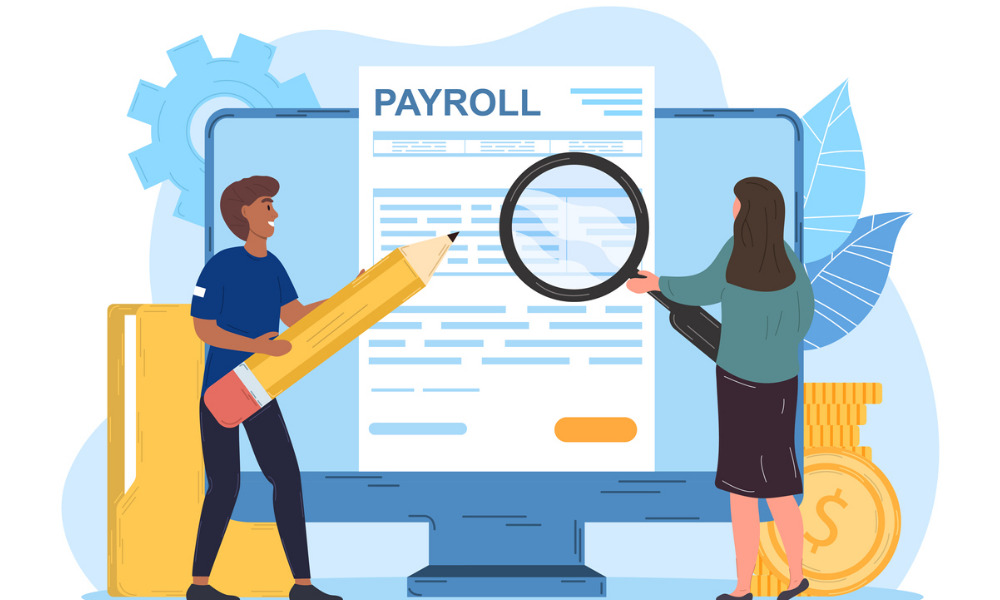
Experts discuss how to do "better business" when it comes to your payroll

It’s no secret that payroll is becoming more complicated year by year. From superannuation to awards, benefits and wage reviews, compliance obligations are constantly changing. The costs of ensuring accurate payroll are also rising – and so are the risks and personal fines of getting it wrong.
While many companies in Australia and NZ are still processing their own payroll in-house, an increasing number are starting to look towards outsourcing, as has been the trend in other countries, such as the US where over 70% now outsource their payroll. According to The Access Group’s People & Payroll marketing manager, Jo Sutton, the compliance burden is often intimidating for businesses – particularly at the end of the financial year. As a result, companies are increasingly looking to hand over the administrative burden of payroll to an external expert who can help them ensure it is accurate, timely and compliant, and will help cut costs and eliminate people risks.
“If you want a really qualified payroll person to handle your payroll, that’s quite a big resource spend,” Sutton told HRD.
“They’re doing processing, which is very administrative, but they also need to know the legislative background and be aware of all the ongoing changes. If companies find that operational piece of the business too hard, or if they don’t want to spend as much money in-house and create a key person dependency, they can outsource to a company that specialises in payroll.”
“We’ve seen a lot of major companies that have gotten it wrong,” she explains. “There can be significant consequences in those cases, and that’s another reason to outsource to a specialist.”
When it comes to compliance, Head of Marketing, Stephen Duncan says that it is an “ever-moving beast”, and can introduce a lot of risk to an organisation.
Only in the last 12 months, Australia has introduced a number of changes to its Superannuation, rolled out phase 2 of Single Touch Payroll, and updated Fair Work Australia guidelines for the 2022/23 financial year. Different organisations will also have different compliance requirements and needs, and so handing the full department off to an external expert takes a significant burden off the business.
Duncan notes that outsourcing also makes sense from a HR perspective as it ensures business continuity for any unforeseen circumstances. It reduces the dangers of losing your key in-house experts, safeguard from the uncontrollable local and global events such as the Great Resignation and shift to flexible working, and frees up staff to focus on the core function of the business.
“Outsourcing is about taking the overheads, costs and burdens that companies face in-house and putting them into an external environment,” Duncan said.
“From the HR side, there is an opportunity for better business. Instead having your staff do administrative process tasks, you can rely on that external expertise. That leaves you free to focus on your most important asset – your people, their journey and their wellbeing.”
“It’s also a good step from a business continuity perspective, particularly with trends like the Great Resignation,” he adds.
“If your payroll people leave for whatever reason, whether that’s maternity leave or just normal attrition, how do you fill that gap in a way that isn’t disruptive to the business? You need to ensure accurate, compliant and timely payroll, irrespective of what your issues are, and outsourcing is a great way to do that.”
The Access Group currently processes tens of thousands payslips a month and offers access to a large team of expertly trained payroll professionals. Learn more on how Access Outsourcing can transform your payroll.